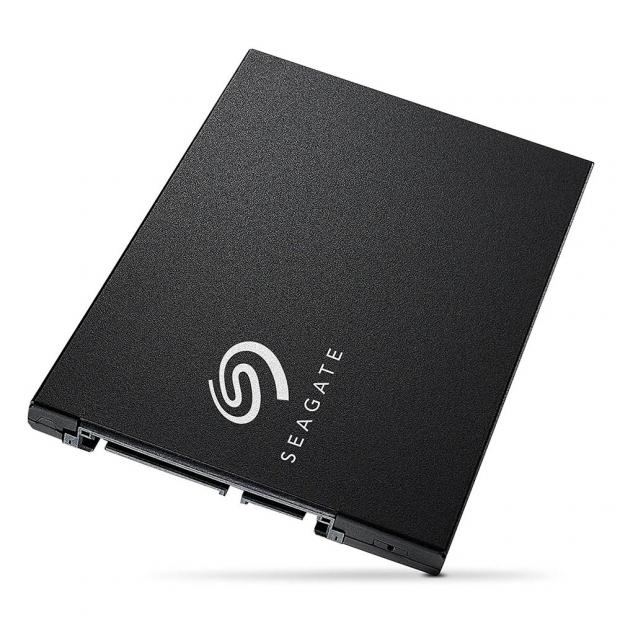Seagate released its first consumer SSD since 2013 today with a blog post and exclusive Amazon campaign. The new drive carries familiar BarraCuda branding and comes in 250GB, 500GB, and 1TB sizes initially. The blog post from Seagate's Marketing and Public Relations Manager, John Paulsen, indicates a 2TB option is on the horizon.

As a global leader in storage solutions for nearly four decades, Seagate understands that read and write speeds play a huge role in the overall performance of your computer. That's why BarraCuda SSD provides maximum sequential read and write speeds, reaching 540/520 MB/s.
It starts up in seconds, allowing you to almost instantly access data, load game levels, open applications, and transfer files. You and your computer will be good to go - fast. It's our fastest option for upgrading a PC or a laptop to optimize performance.
Seagate was very light on the details that matter. Media were not briefed before the release so we don't know the underlying architecture.
- Cost-effective storage upgrade for laptop or desktop computers
- Store all your games, music, movies, etc. on up to 2TB capacity
- Rapid boot-up; Flash SSD storage upgrade
- Max sequential read/write speeds, reaching 540/520 MB/s
- 2.5" form factor, 7mm z-height; Optimized for PC and Mac SATA-connection computers
We suspect the new BarraCuda SSD uses a Phison or Silicon Motion controller paired with 3D flash. Seagate backs the drive with a 5-year warranty and prices start at just $74.99 for the 250GB model.

Seagate coming back to the SSD market isn't a surprise. With cheap flash flowing from the fabs several companies are either entering the SSD market for the first time, like GIGABYTE, or coming back, like Seagate. The newcomers will have a difficult time trying to compete with more established SSD brands.
